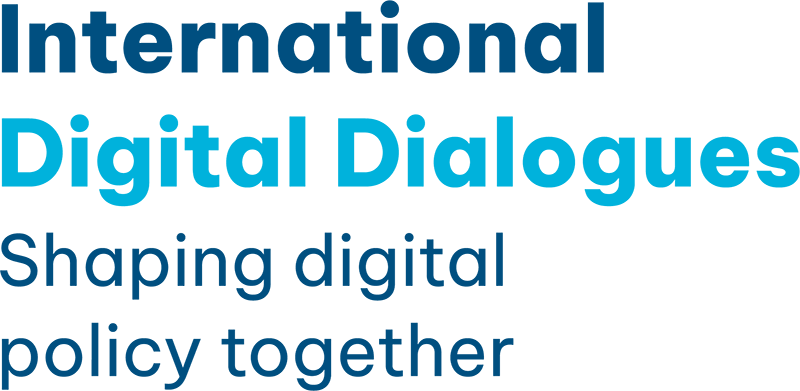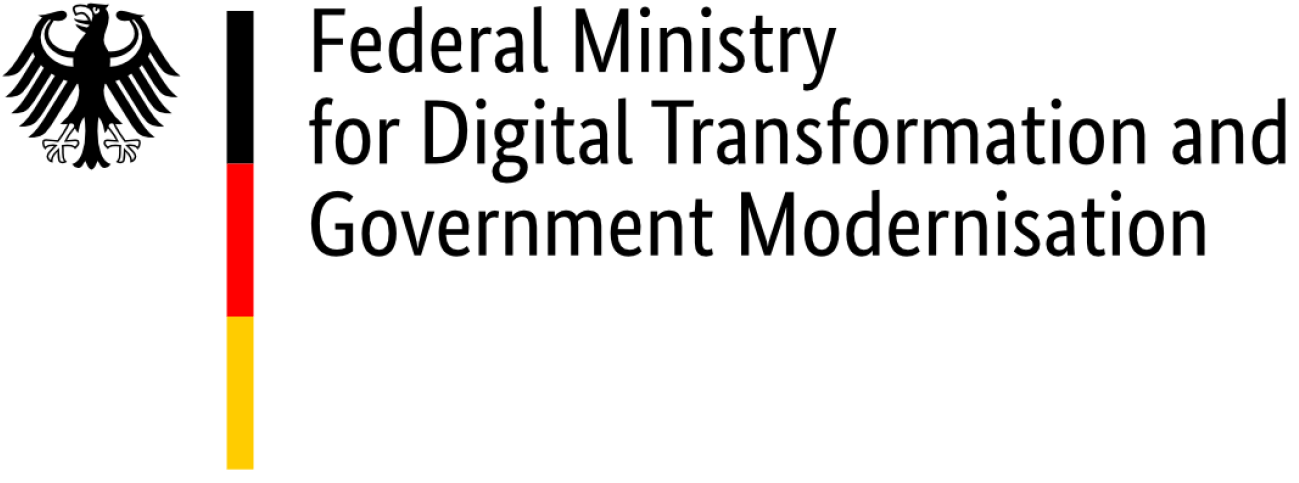Content moderators workshop
Kenya

The workshop featured in-depth discussions on the German moderators' experiences with unionisation and policy frameworks, while exploring the unique challenges and practices faced by Kenyan content moderators and data annotators. Participants defined clear ademands related to the evolving Kenyan digital labor bill. The event facilitated a valuable cross-cultural dialogue, aiming to enhance advocacy efforts and promote improved working conditions within the digital labor sector.
Developing the legal landscape for digital working in Kenya
The current laws touching on digital rights and labor in Kenya are the Data Privacy Act and generally the Employment Act respectively. However, with the advancement of digital work there is a need to develop a specific law to regulate digital work, advance the rights of digital workers and to protect them from exploitation. The participants of the workshop proposed a set of demands to be included in the development of digital policy discussed further in this article.
Challenges facing the digital economy in Africa
The participants discussed a range of factors leading to current issues faced by digital workers. These include inadequate legal protections for digital workers which makes them susceptible to exploitation. The existing labor laws do not capture the unique experiences of digital workers. Additionally, they cited the possibility of facing retaliation for advocating for better working conditions as a prevailing setback. Furthermore, it was noted that big-tech companies often use intricate employment structures to avoid direct liability which makes it harder for the digital workers to access justice for violation of their rights.
According to a qualitative study by Cyberpsychology, psychological impact to content moderators include traumatic stress from constant exposure to traumatic content, burn out and other mental health issues including anxiety and depression.
The need for change- what can be done
During the workshop, the participants came to a mutual consensus that it is crucial to evolve the social contract of work and prioritise human-centered technology that will also advocate for a feminist digital economy, create robust social nets and community-based support. They highlighted the need to strengthen unionising efforts to ensure digital workers have collective representation and better bargaining power. They also emphasised the importance of developing labor laws to ensure workers have legal protection and that the employment contracts contain fair terms of work and compensation. It was noted that advocacy-driven litigation should be used as a tool to hold companies accountable and to drive change.
Developing Demands
At the end of the workshop, the participants developed demands that they would want to see implemented by the stakeholders. The demands were guided by the German Workers Council (WOCO) manifesto developed during the Content Moderators Summit in March 2023, and they are as follows;
1. No discrimination based on race, gender, national origin, and other similar characteristics.
2. Guaranteed freedom of assembly and speech for all workers.
3 Employers must provide clear and transparent terms and conditions.
4. Tech companies must be accountable for the critical safety work of data workers.
5. Proper compensation and social benefits must be provided for all data workers.
6. Proper mental health care must be provided to all data workers dealing with disturbing content.
7. We demand the recognition of data work as a legitimate occupation, including appropriate training and entitlement to all statutory benefits under the law, with proper legislative frameworks established.
8. Tech companies must not stand in the way of employees' efforts to unionise or form work councils across the industry.
More interesting news

Kenya
Webinar: What to expect as a business when handling personal data in Kenya
On 3 December 2025, the German Federal Ministry for Digital Transformation and Government Modernisation (BMDS) hosted a webinar for businesses seeking to operate in Kenya and handle personal data. Representatives from the Office of the Data Protection Commissioner (ODPC), Kenya’s data protection authority, shared valuable insights into Kenya’s Data Protection legal framework. They also equipped companies with hands-on knowledge on how to comply with the laws applicable to data processing.
Read more … Webinar: What to expect as a business when handling personal data in Kenya

Kenya
German and Kenyan businesses explore collaboration in IT outsourcing and BPO
As part of the Kenyan-German Digital Dialogue, a dedicated exchange session was held on 22 October 2025 to further strengthen cooperation between German and Kenyan businesses in the Business Process Outsourcing (BPO) and Information Technology Outsourcing (ITO) sectors. The focus lied on exploring practical pathways for German firms seeking to enter the Kenyan market.
Read more … German and Kenyan businesses explore collaboration in IT outsourcing and BPO

Kenya
Exploring Kenya’s Open-Source Ecosystem: Opportunities for Talent and Collaboration
From 09 to 12 June 2025, the Import Promotion Desk (IPD) had the privilege of hosting a high-level delegation from the German Open-Source Business Alliance (OSBA) as part of the Kenyan-German Digital Dialogue, which was led by Peter Ganten, Chairman of the Board and CEO of Univention. The visit marked a significant milestone in strengthening Kenyan-German collaboration in the open-source software space, spotlighting local innovation, digital talent and cross-border synergies.
Read more … Exploring Kenya’s Open-Source Ecosystem: Opportunities for Talent and Collaboration
Newsletter
Stay informed! To subscribe to the Digital Dialogues newsletter, enter your e-mail address here. Please also refer to our privacy notice.


